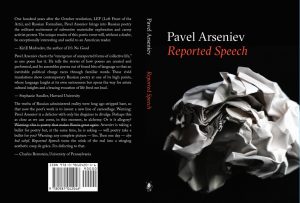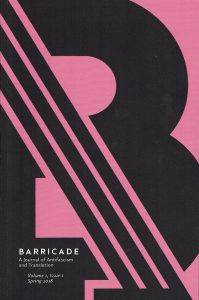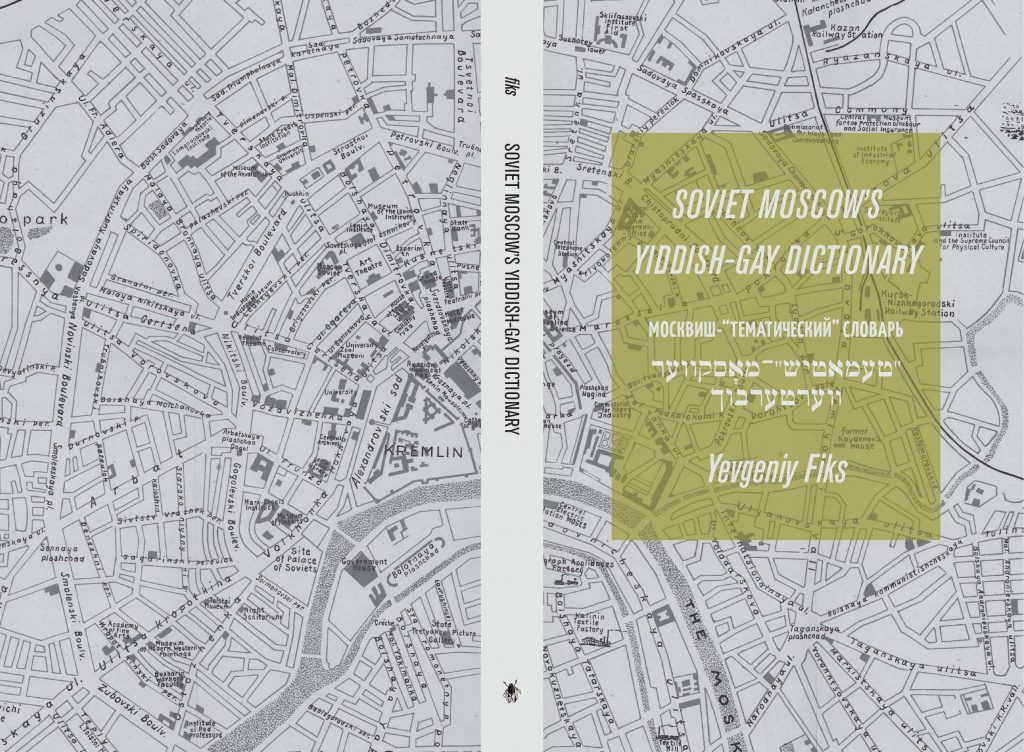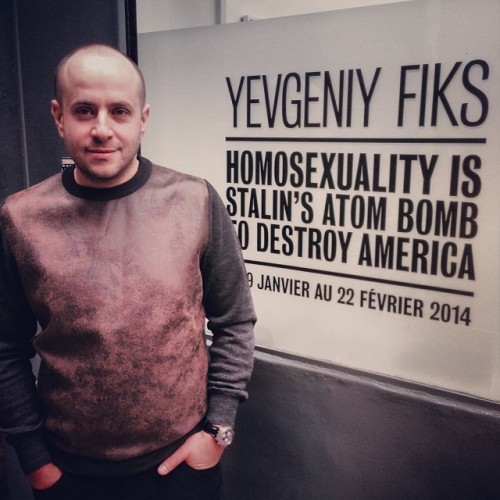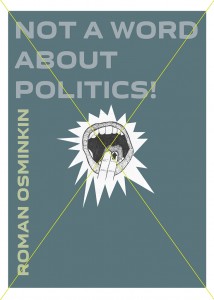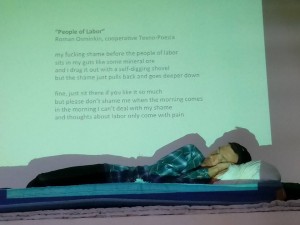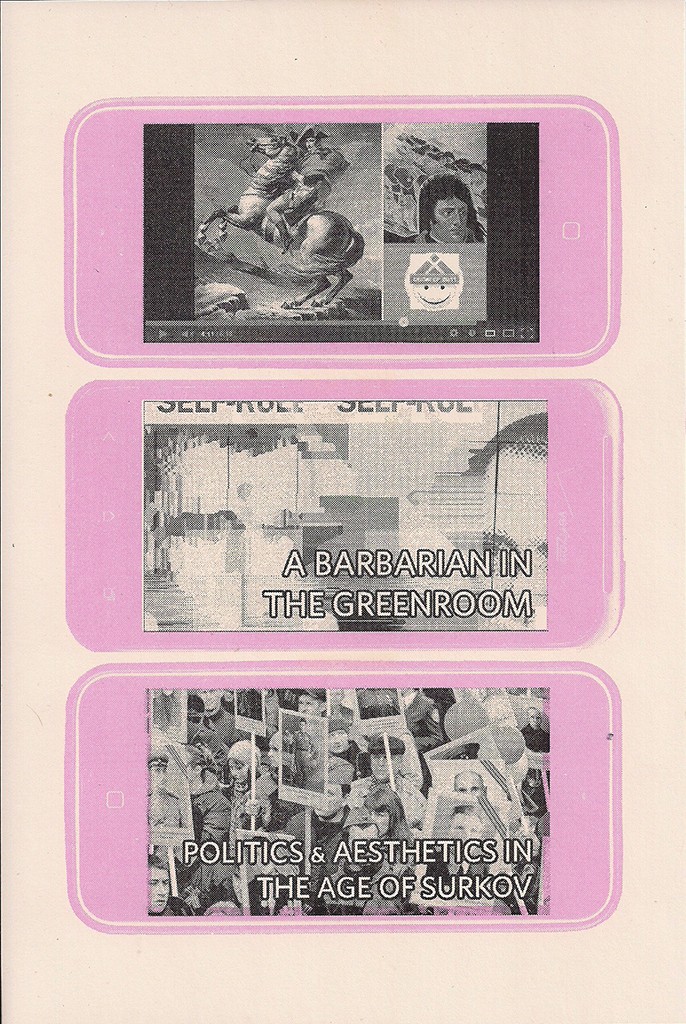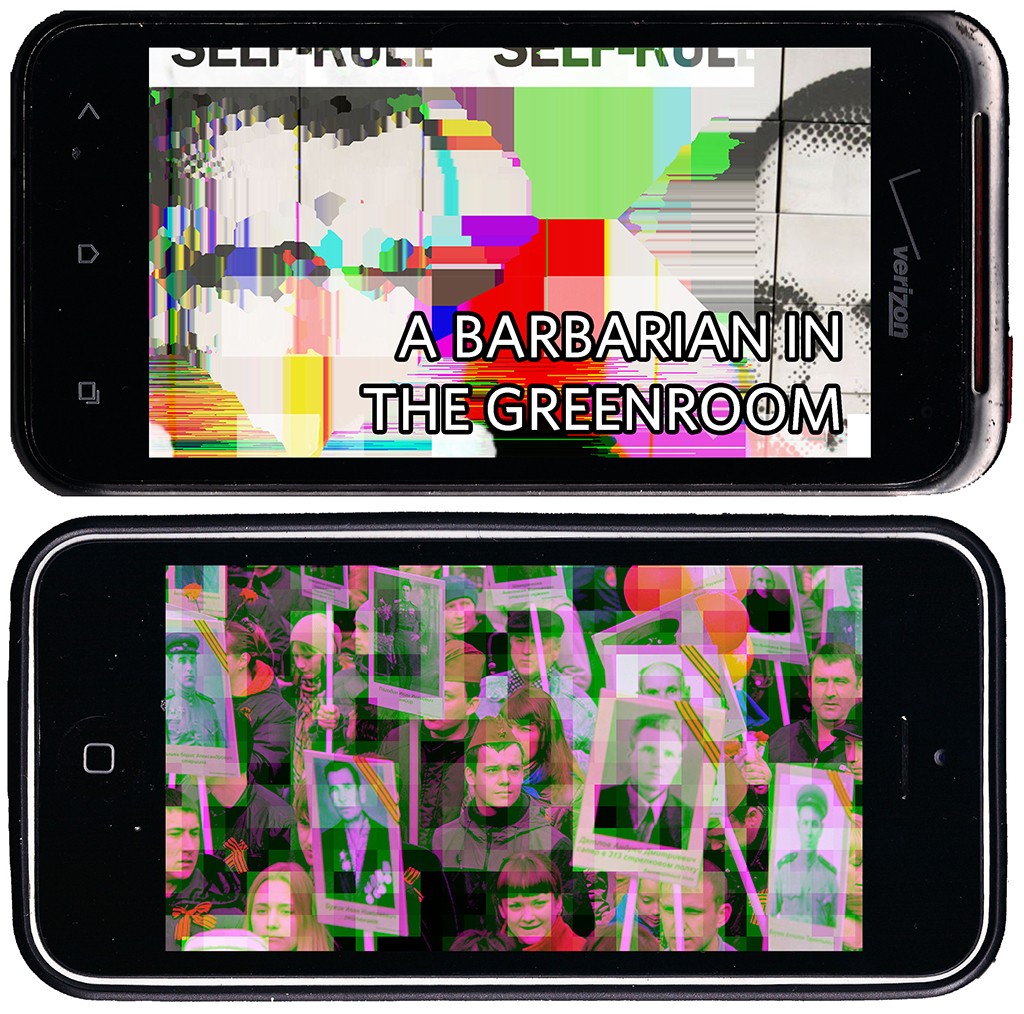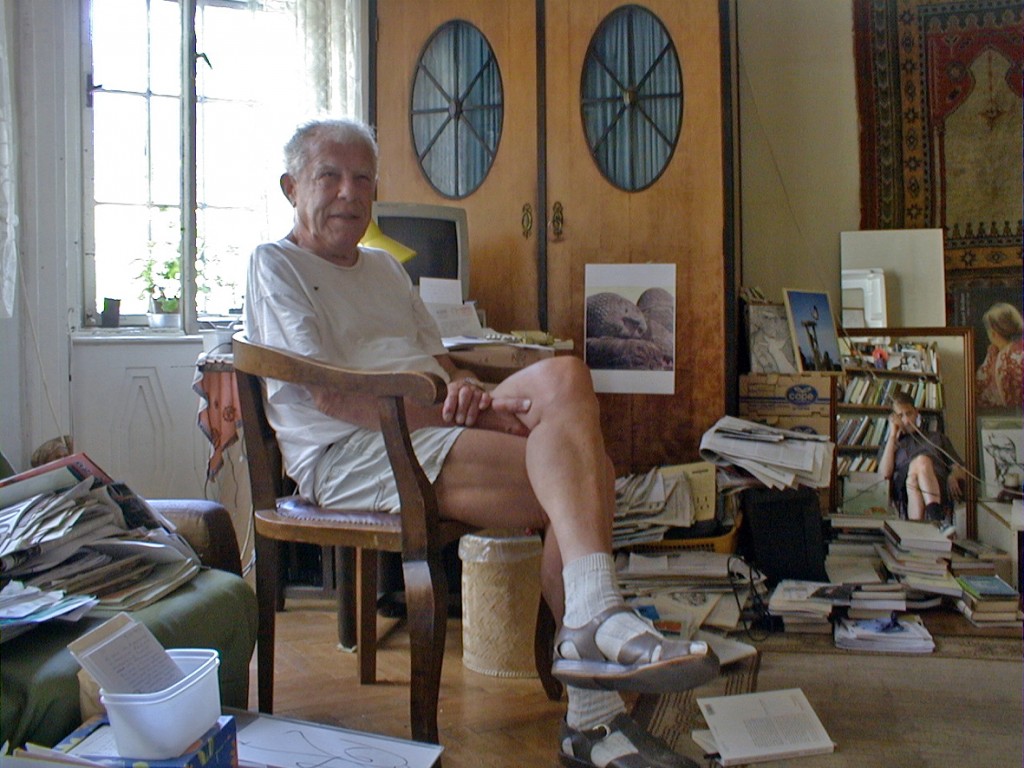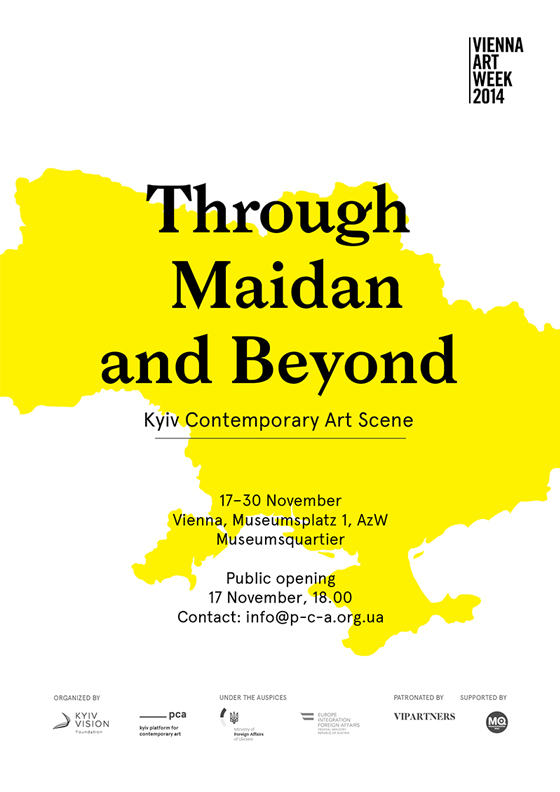Reported Speech, a bi-lingual edition of Pavel Arseniev’s (Saint Petersburg) poetry with an introduction by Kevin M.F. Platt (University of Pennsylvania) will be released this fall. Pre-order here: http://www.cicadapress.net/products-page/
- About the Book
Arseniev’s poetry provides a living link between the legacy of the 1920s Soviet avant-garde art and theory, on the one hand, and the modern Western materialist thought on the other. It traces how these influences become weaponized in the language of contemporary Russian protest culture. Arseniev readily politicizes all, even the most mundane facts of the poet’s life, while approaching reified bits of found speech and propaganda with lithe, at times corrosive irony and lyricism.
- Praise for Reported Speech:
Kirill Medvedev, the author of It’s No Good:
One hundred years after October revolution, LEF (Left Front of the Arts), and Russian Formalism, Pavel Arseniev brings into Russian poetry the militant excitement of subversive materialist exploration and canny activist protest. The unique results of this poetic event will, without a doubt, be exceptionally interesting and useful to an American reader.
Stephanie Sandler, Harvard University:Pavel Arseniev charts the “emergence of unexpected forms of collective life,” as one poem has it. He tells the stories of how poems are created and performed, and he assembles poems out of found bits of language so that an inevitable political charge races through familiar words. These vivid translations show contemporary Russian poetry at one of its high points, where language laughs at its own seriousness but opens the way for astute cultural insights and a bracing evocation of life lived out loud.
Charles Bernstein, University of Pennsylvania:
The truths of Russian administered reality were long ago stripped bare, so that now the poet’s work is to invent a new line of camouflage. Warning: Pavel Arseniev is a defector with only his disguises to divulge. Perhaps this as close as we can come, in this moment, to alchemy. Or is it allegory?
Warning: this is poetry that makes Russia great again.Arseniev is taking a bullet for poetry but, at the same time, he is asking – will poetry take a bullet for you? Warning: any complete picture – lies. Then one day dyr bul schyl. Reported Speech turns the stink of the real into a stinging aesthetic coup de grace. I’m defecting to that.
